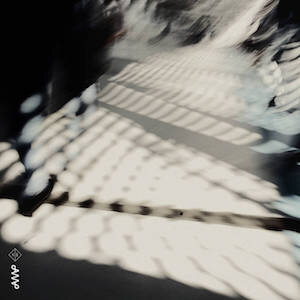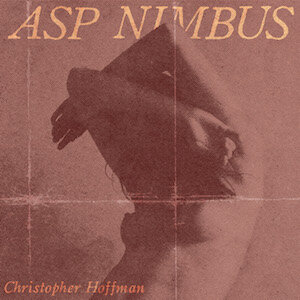Label: AMP Music & Records, 2021
Personnel - Hilmar Jensson: guitar; Alessandro Sgobbio: piano; Jo Berger Myhre: bass; Øyvind Skarbø: drums.
Hidra, an European quartet assembled in Oslo, teams the notable Icelandic guitarist Hilmar Jensson (one of the four pillars in Jim Black's AlasNoAxis) with Italian pianist Alessandro Sgobbio and the Norwegian rhythm section of Jo Berger Myhre on bass and Oyvind Skarbo on drums. The name of the group stemmed from the Norwegian municipality that covers hundreds of islands, islets and skerries, and Transparence, their debut album, functions like a soundtrack depicting that natural scenery.
The two first tracks are experimental oddities with near-minimalist tonalities. Sgobbio’s “Lebtit” is a sonic imagining of the mythical lost city referred in the Arabian Nights and other literary works by Georges Perec and Jorge Luis Borges. A rusty, foreboding electronic effect is appeased by the calm waves of Jennson’s guitar, whereas the muted low notes on the piano reinforce the relentless percussive texture. “Sêtu” is initially marked by some disjointedness, relying on Sgobbio’s pianism to tie everything together. Then, all converges into a pacific jazzy ambiance that feels as much opaque as melancholy.
“Cité des Poètes” is an elegy to the recently demolished housing project of the same name in the suburbs of Paris. The group launches it with chiming subtlety and throbbing pulsation, working on top of a static framework. Jensson’s well-weighted measure of progressive rock and ambient jazz adds tonal color, while, at a later time, it’s Sgobbio who creates some frisson by interlinking staccato chordal pointillism and nervy melodic entanglement.
Whereas “The Perfect Light of Sandstad” probes darker, mysterious soundscapes, bringing Myhre’s bass slides to the center of its theme, “Labtayt” remains in a perpetual suspension whose tension is worked out through guitar figures, bass pedals and dreamlike piano. Noise and ambient cohabit the same space, here bolstered with a variety of haunting percussion.
“Kunftiges” boasts a relative metric complexity and an optimistic serenity supported by a more palpable harmonic work and structural approach. Also filled with stark beauty is the closing track, “Lebenslauf”, in which the group expertly employs tension and space while flirting with Terje Rypdal’s avant-fusion universe. Toggling between contemplative and electrifying, this piece never eschews emotion in favor of aesthetics, and counts on the phenomenal thrust created by electric bass and brushed drums to thrive.
Possessing a knack for explorative sonics, Hitra speaks a language that incorporates an interesting layering that whether causes controlled friction or soars. Despite the somewhat cold feel, the music is never boring or predictable.
Grade B+
Favorite Tracks:
03 - Kunftiges ► 05 - Cité des Poètes ► 08 - Lebenslauf








































